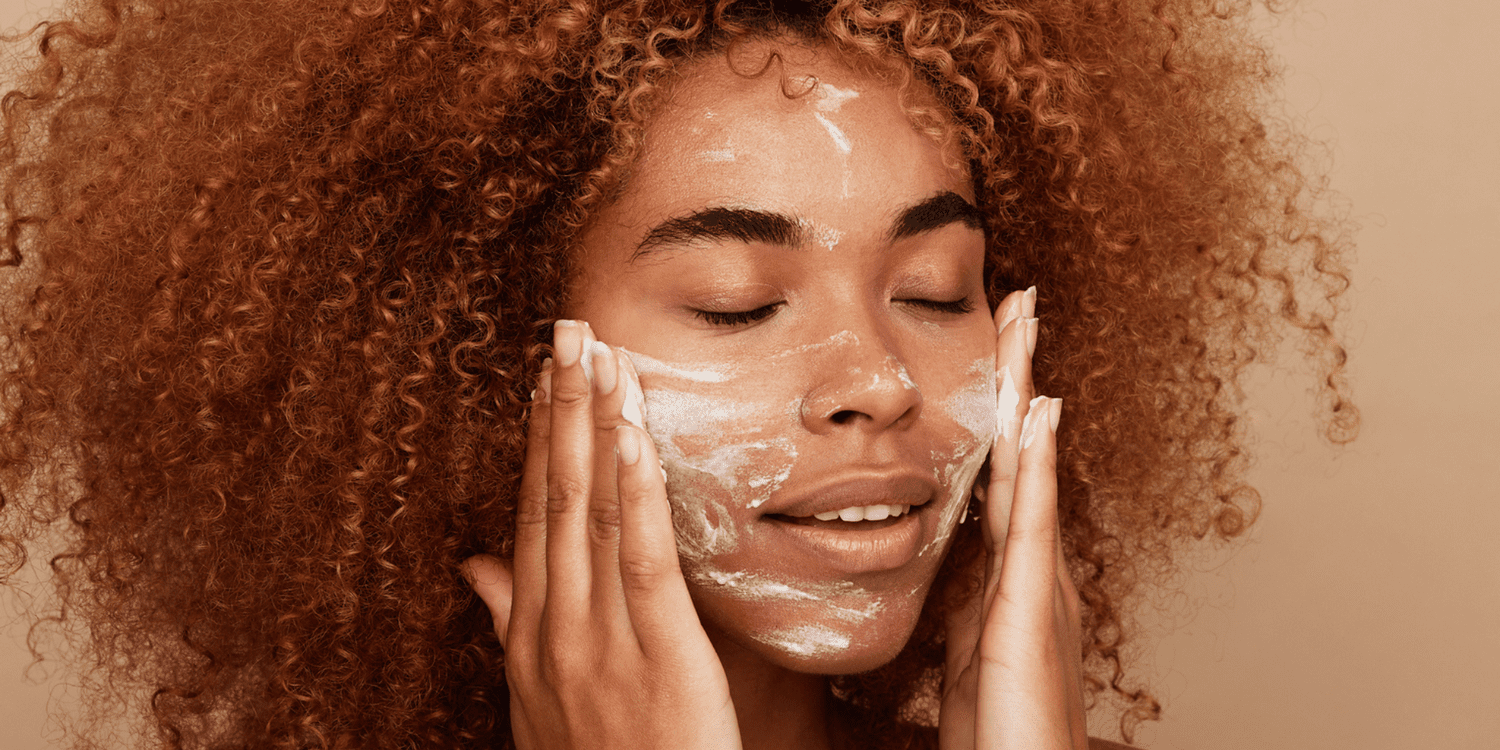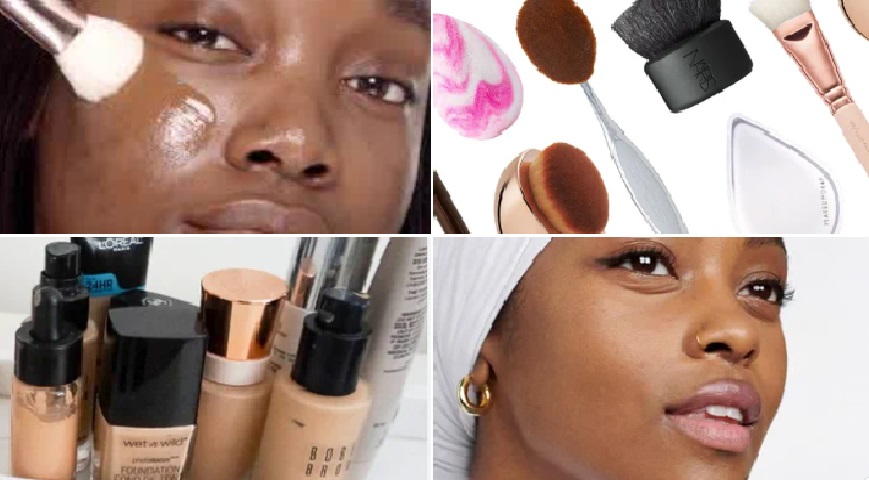Exfoliating your face is essential in any skincare routine as it helps remove dead skin cells and unclogs pores, leaving your skin looking bright and smooth. However, it's important to exfoliate correctly to avoid damaging your skin. Here's a step-by-step guide on how to exfoliate your face properly:

Start by cleansing your face
Before exfoliating, removing any makeup, dirt, or oil from your skin is important. Use a gentle cleanser to wash your face thoroughly.

Did you read this?
Choose the right exfoliant for your skin type
There are several types of exfoliants to choose from, including physical exfoliants (such as scrubs), chemical exfoliants (such as alpha-hydroxy acids or beta-hydroxy acids), and enzymatic exfoliants (such as papaya or pumpkin enzymes). It's important to choose an exfoliant that is appropriate for your skin type. For example, if you have sensitive skin, it's best to avoid physical exfoliants and opt for a chemical or enzymatic exfoliant instead.
Apply the exfoliant to your face
Follow the instructions on the product you're using. Use a small amount for physical exfoliants and gently massage it into your skin in circular motions. Be careful not to scrub too hard as this can cause irritation or even damage to your skin. For chemical or enzymatic exfoliants, apply a thin layer to your face and leave it on for the recommended time, usually between 1-5 minutes, then rinse off.
Moisturize your skin
After exfoliating, your skin will be more vulnerable to dryness and irritation. It's important to use a moisturizer to hydrate and protect your skin.
Exfoliating your face 1-2 times a week is recommended, depending on your skin type and sensitivity. Over-exfoliating can irritate and lead to dryness, redness, and even breakouts.
If you have sensitive skin, it's best to start with a gentle exfoliant and use it once a week. Gradually increase the frequency as your skin gets used to it.
Additionally, you may need to exfoliate more frequently to keep your pores clear if you have oily skin.

However, if you have dry skin, you may need to exfoliate less frequently to avoid over-drying your skin.
Now, use a gentle touch if you're using a physical exfoliant. Scrubbing too hard can cause irritation and even damage to your skin.
Conversely, if you're using a chemical exfoliant, be sure to wear sunscreen when you go outside since your skin will be more sensitive to sun damage.
Exfoliating your face is an important step in any skincare routine, but it's important to do it correctly. Choose the right exfoliant for your skin type and follow the product instructions. Be gentle and avoid over-exfoliating to avoid irritation. Remember to hydrate and protect your skin after exfoliating. By following these steps, you'll get smooth, bright, and healthy-looking skin.











